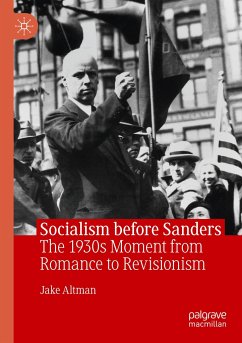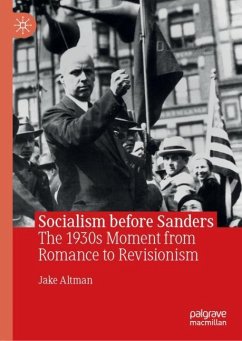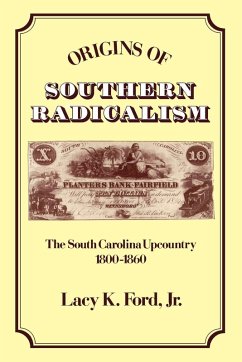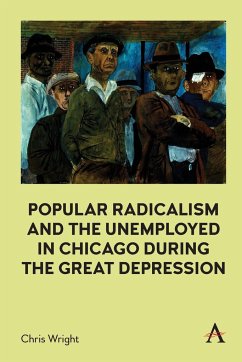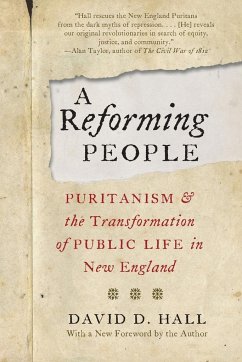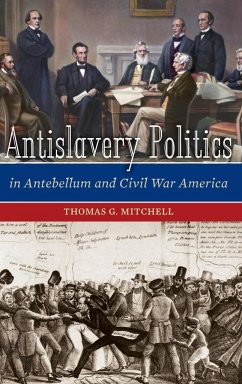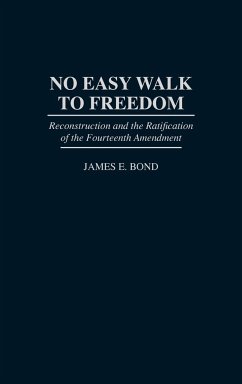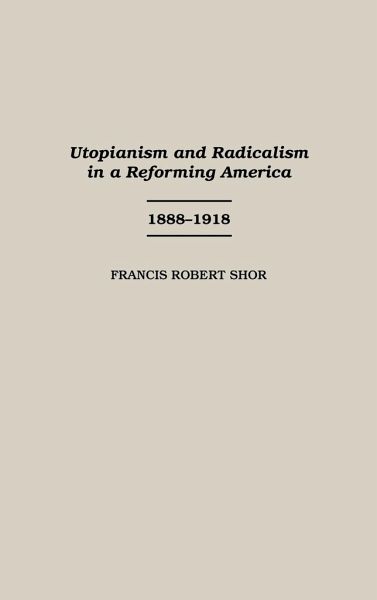
Utopianism and Radicalism in a Reforming America
1888-1918
Versandkostenfrei!
Versandfertig in 1-2 Wochen
87,99 €
inkl. MwSt.

PAYBACK Punkte
44 °P sammeln!
Utopianism and radicalism achieve greater prominence when economic and social crises render the dominant moral and political universe open to question. The essays in this book examine how utopianism and radicalism informed the literary expressions, political discourse, communal experiments, and cultural projects in the U.S. from 1888 to 1918. In particular, these essays track how socialism, anarchism, syndicalism, feminism, and black nationalism contested the ideological terrain during a period when reform ideas and movements were beginning to reshape that terrain. The degree to which utopiani...
Utopianism and radicalism achieve greater prominence when economic and social crises render the dominant moral and political universe open to question. The essays in this book examine how utopianism and radicalism informed the literary expressions, political discourse, communal experiments, and cultural projects in the U.S. from 1888 to 1918. In particular, these essays track how socialism, anarchism, syndicalism, feminism, and black nationalism contested the ideological terrain during a period when reform ideas and movements were beginning to reshape that terrain. The degree to which utopianism and radicalism were involved in that reformulation, either in its expanse or its constraint, is of prime interest throughout the book. Teachers and students interested in utopian studies, American studies, and the cultural/intellectual history of the Gilded Age and the Progressive Era will find this book highly useful.




